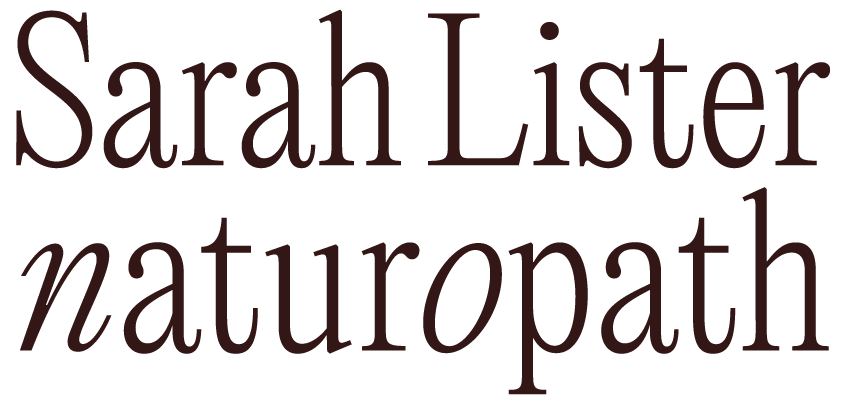J.1/ Sleep Hygiene
Having a restful sleep is so important for your health, do you have trouble falling asleep, staying asleep or do you wake up feeling exhausted?
Sleep Hygiene can be quite a broad term, so I’ll break it down into a few sections. Overall sleep is so important for our wellbeing, without adequate sleep our minds don’t function at full capacity, our immune defence is lowered, it affects the way we digest food, our moods become volatile; sleep does wonders for our health but so many of us suffer with insomnia.
First things first, put a blue light filter on your devices, the blue light emitted from our phones and tablets will inhibit our natural melatonin production and keep you awake. Limiting screen time before bed helps us relax our minds from the day, I usually suggest try to limit screen time at least 30 minutes to an hour before bed.
Make sure your sleeping environment is just right, the bedroom should be for sleeping only, if you have a TV in your bedroom consider moving it as it will create a distraction. Invest in a good mattress, maybe you’re waking frequently because you can’t get comfortable or are in pain. Create a dark space for you to sleep, having a room dark will help your melatonin rise and help you get to sleep and stay asleep. If you’re waking due to noise consider using some white noise, whether it’s a fan, the sound of rain, ocean music or actual white noise. Take a bath or have a shower before bed, not only is water calming but also decreasing your core temperature can help to promote sleep.
There are also some things you can do in the afternoon when you get home from work that can help with insomnia. Sitting outside and watching the sun go down will tell your body to start producing melatonin which is a natural hormone in our bodies to help make you tired. Instead of having a alcoholic beverage when you get home to relax consider making a nice magnesium drink on soda water to help calm you down from the day. Don’t eat dinner too late as you want to be able to digest your food before going to sleep, also eating an adequate amount of food with enough protein, fats and complex carbohydrates will keep you fuller for longer and encourage a deep sleep.
You might be thinking but Sarah I do all of these things already, sleep is very complex and there’s usually not one treatment that fits everyone, to help your insomnia you need to find the cause of it. Sometimes if you’re not tired at night time it can be due to a lack of movement during the day, so make sure you’re getting outside and going for a walk or doing some exercise. There’s also the people who do shift work, try to follow basic sleep hygiene steps but you might also need something a little more heavy duty such as specific herbs to promote more melatonin in your body.
For the majority of clients I see, stress is a huge factor for their sleep, therefore treating the stress also then helps treat the insomnia. I use a range of nutrients such as Magnesium, Omega 3, B Vitamins, Vitamin C and also when indicated medicinal herbs, these might include Lavender, Oats, Passionflower, Withania to name a few of my favourites. To help calm the body there are breathing techniques, mindfulness practice, yoga and much more available.
As you can see issues with sleep is no quick fix but there are many treatment options available to help you get a better nights rest and wake up feeling more refreshed.

